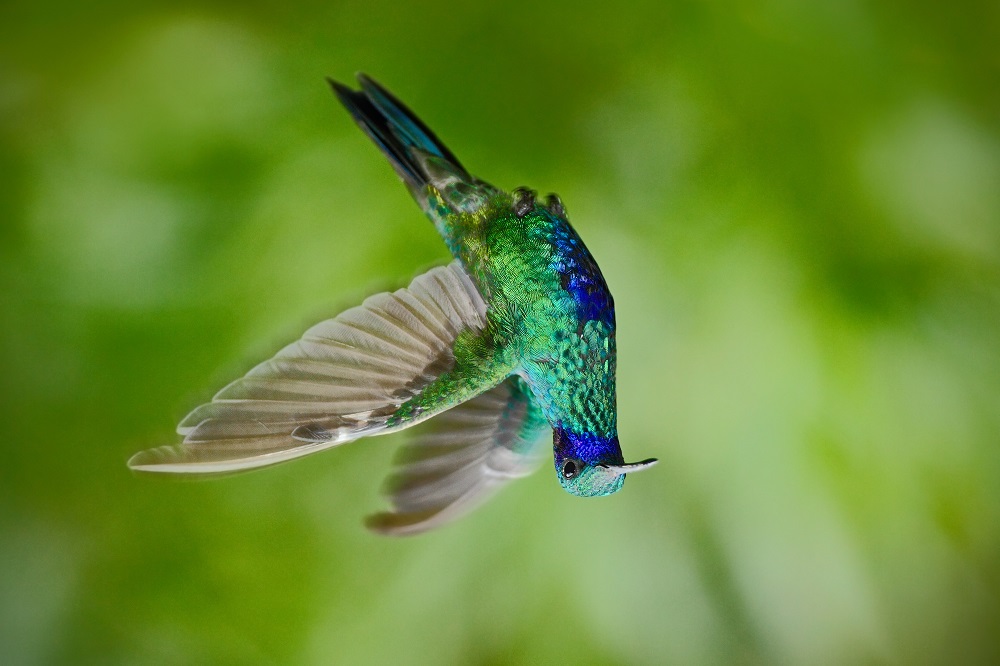Hugh: Tips on How to Better Adjust to the Time Change
Written by Hugh Campbell on March 10, 2023
-Advertisement-
This weekend the clocks move ahead an hour in the twice-yearly time change. We can debate back and forth whether we should have Daylight Savings adjustments at all, but while we do, there are some things you can do to mitigate its impact on your internal clock. Some people are disrupted by the time change more than others, so if you’re like me and it doesn’t bother you too much, you’re probably not too concerned about it. However, it really does affect some people and data on increased traffic accidents and heart attacks after the time change backs up the idea that moving an hour ahead or behind can mess with us. When it comes to younger children, some doctors recommend moving their bedtime and wake time by 10 or 15 minutes a day for the three or so days leading up to the change. Parents can also make the next few morning after the change easier by preparing an easy to-go breakfast in case kids are slow-moving to start the day. Another tip offered by experts is not letting kids nap after the time change. Children are able to adapt fairly quickly, but a nap during the day can lengthen the adjustment process.
For older kids and adults, we already know that staring at screens right before bed or first thing in the morning prevents ideal sleep, so even if you give in most of the time, a hard rule about not bringing your phone to bed around the time change could pay off. Next, there’s something about daylight that just does our bodies some real good. So, first thing in the morning try to expose yourself to natural light. 20-30 minutes of morning light shortly after waking should do the trick. Finally, just as light plays a role, so does darkness. Once you go to bed, try to keep the room cool and dark. If you close your curtains and turn the TV off, your body will thank you.
-Advertisement-


